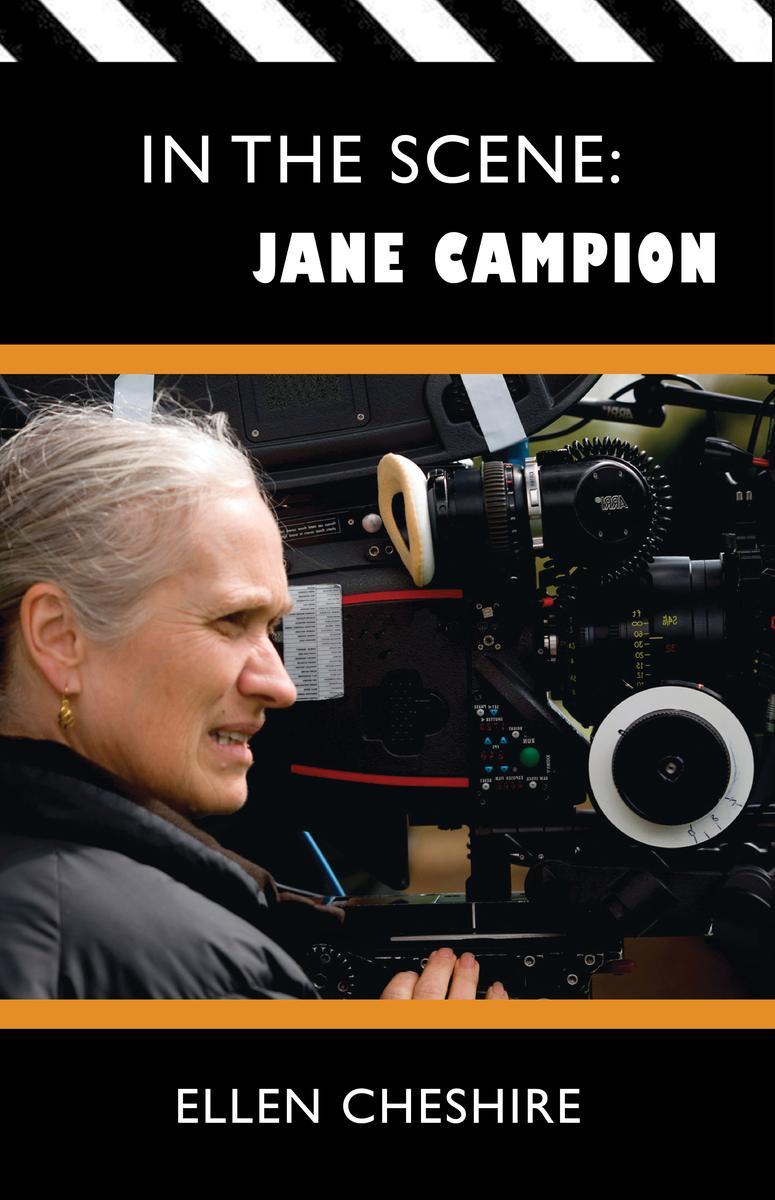
In the Scene: Jane Campion
¥38.99
In the Scene: Jane Campion
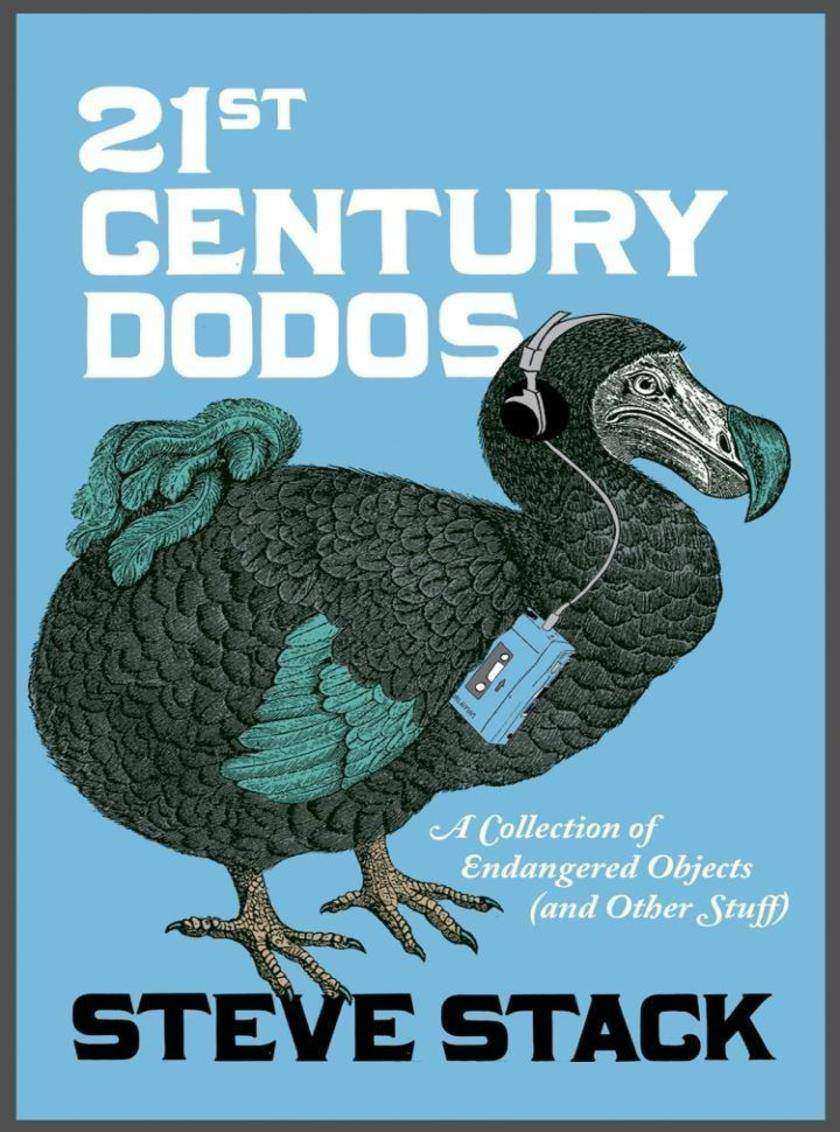
21st Century Dodos: A Collection of Endangered Objects (and Other Stuff)
¥39.04
A REVISED AND UPDATED EBOOK EDITION WITH ALL NEW READERS’ DODOS! We’ve all heard of the list of endangered animals, but no one has ever pulled together a list of endangered inanimate objects. Until now, that is. Steve Stack has catalogued well over one hundred objects, traditions, cultural icons and, well, other stuff that is at risk of extinction. Some of them have vanished already. Cassette tapes, rotary dial phones, half-day closing, milk bottle deliveries, Concorde, handwritten letters, typewriters, countries that no longer exist, white dog poo… …all these and many more are big a fond farewell in this nostalgic, and sometimes irreverent, trip down memory lane.
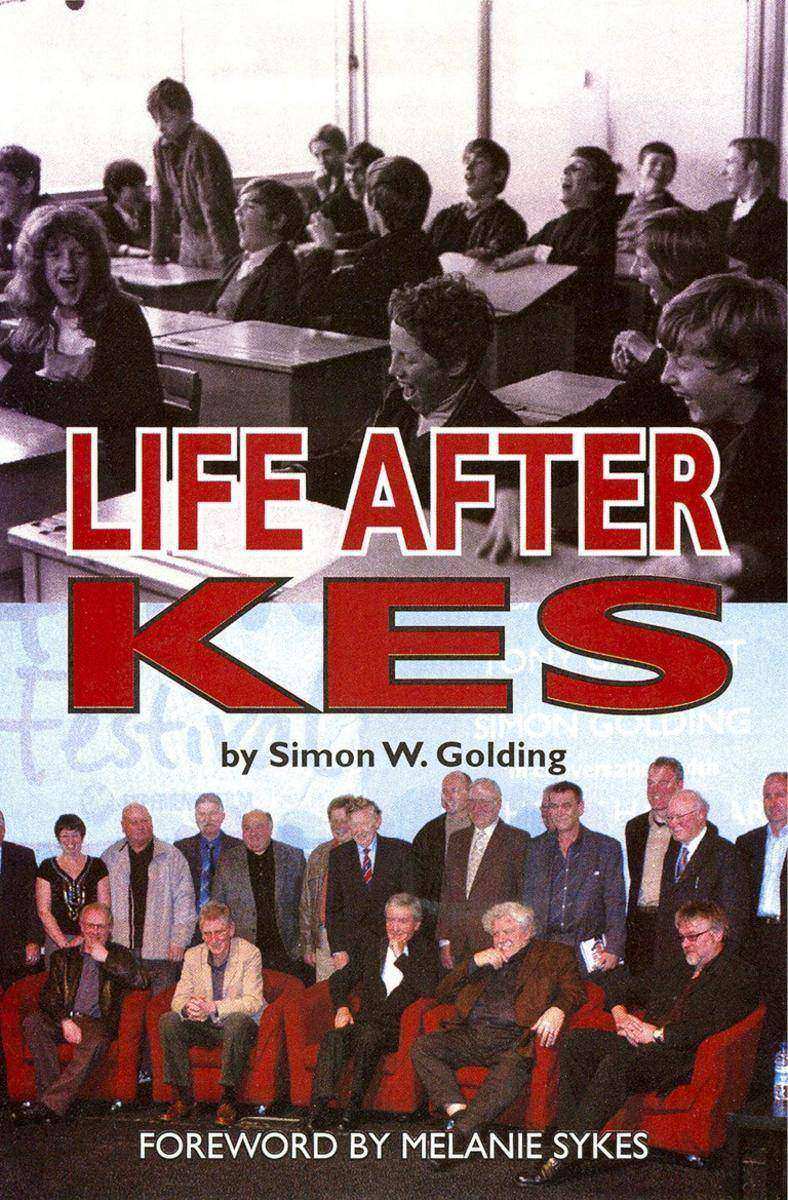
Life After Kes
¥39.14
Life After Kes examines the history and legacy of the 1969 award-winning British film, Kes, about a boy's (Billy Casper) relationship with a kestrel. This fascinating book not only pays homage to the vision and extraordinary talent involved both in front and behind the camera but also looks at subsequent changes in the educational system, posing some important questions. Are we any better off today? Have schools and teaching staff moved forward over the last few decades? Have successive government's learnt anything from the mistakes of the past? Life After Kes explores the lives of the cast and production team since the making of the film including David (Dai) Bradley who played the lead role and examines why the legacy of Billy Casper and the national perception of Kes cast a shadow over South Yorkshire. Does Casper's ghost still haunt this ex-mining community and is director Ken Loach's gritty northern drama as relevant today as it was then? This book is a must-have for all film fans, anyone who enjoyed Kes and all those with an interest in British social history.
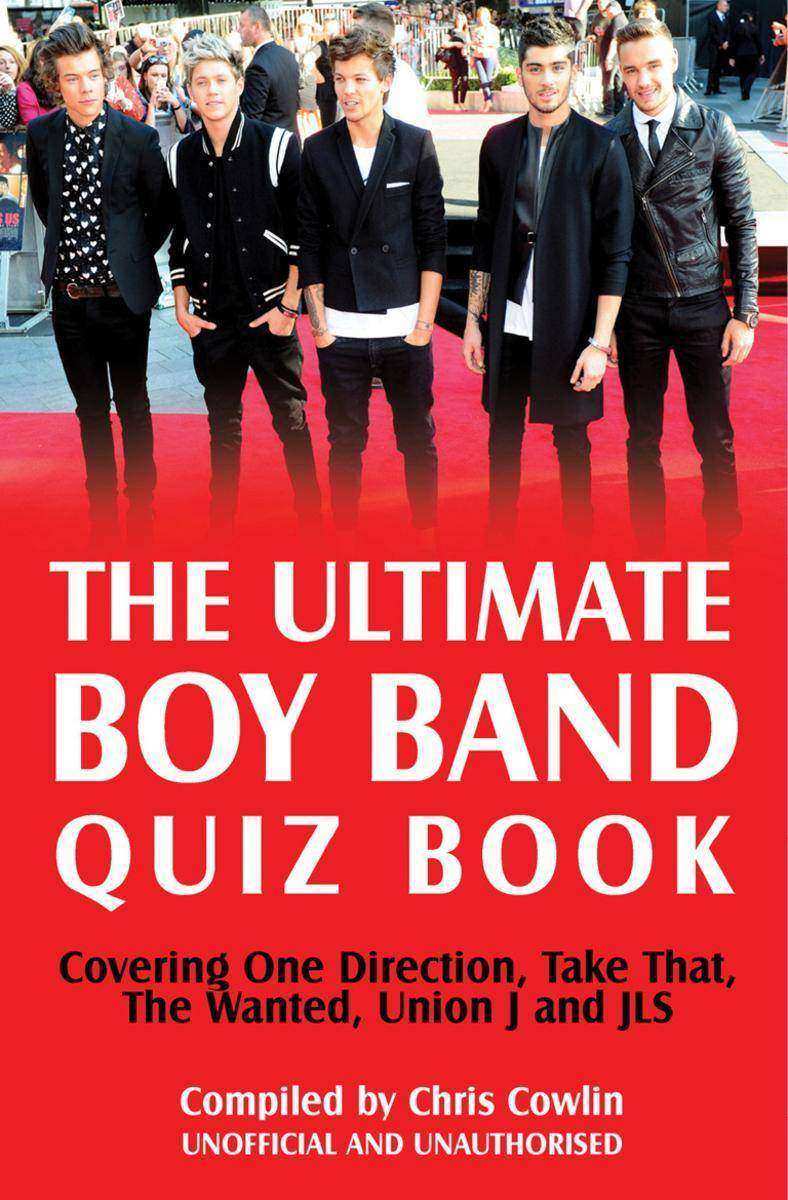
Ultimate Boy Band Quiz Book
¥39.14
Are you up to date with current boy bands? Can you tell One Direction from Union J or what makes Take That different from JLS and The Wanted? If you know all there is to know about the aforementioned groups, or would like to find out more, The Ultimate Boy Band Quiz Book is definitely for you. Which boy band's members were appointed ambassadors for Pokemon during 2011? Which boy band recorded a cover version of a 1977 Bee Gees song? Which group supported Britney Spears in concert in Manchester? Find out the answers to these questions and many more inside this quiz book. With so many facts about your favourite boy bands brought together in one exciting book, you can't help but learn something new. Featuring One Direction, Take That, The Wanted, Union J and JLS, this book will appeal to music lovers of all ages. Whether you are a long-time fan of Take That or secretly dance around the kitchen to the sounds of One Direction, this book has something for everyone. Download it to your eReader and enjoy at your leisure.

Ultimate Doctor Who Quiz Book
¥39.14
Are you a big fan of Doctor Who? Have you watched all of the series from years gone by through to the present day? Can you name the various actors who have played the Doctor from William Hartnell to Matt Smith? If you can tell a Hath from the Heavenly Host and a Sontaran from a Slitheen, you are certain to enjoy this fun new quiz book? What was the title of episode one of the first Doctor story, The Daleks? Who played The Siren in the eleventh Doctor story, The Curse of the Black Spot? What companion has appeared in the most episodes of Doctor Who since its return in 2005? The answers to these brain-teasers and more can all be found inside The Doctor Who Quiz Book. As the iconic series celebrates 50 years of production, have a go at the 500 questions in this book to find out how much you really know about the Doctor. This is a must-have tribute for Doctor Who fans of all ages.
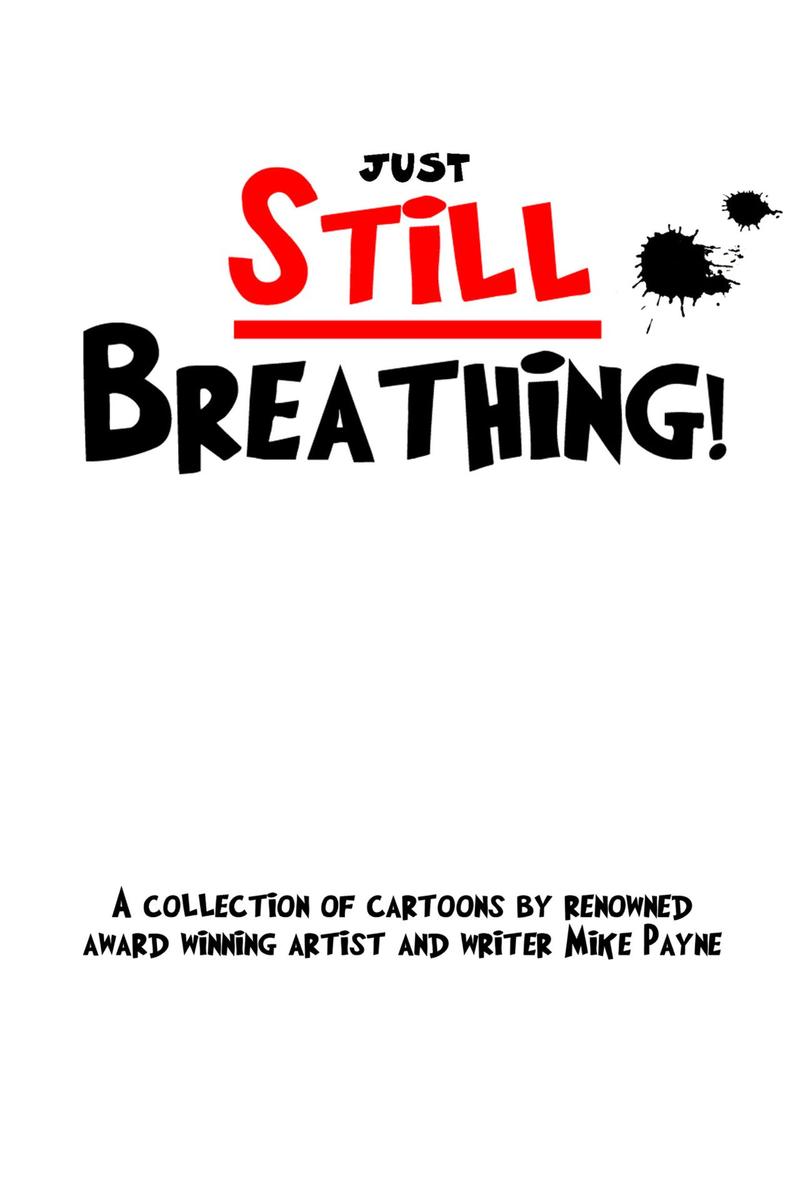
Just Still Breathing
¥39.14
This book is a collection of jokes, wonderfully illustrated by Mike Payne, the original creator of Tatty Teddy. Mike's unique view of the world is shown in a humorous manner, with more than forty hilarious cartoons. Cheeky (but never rude), this book is sure to bring a smile to your face.
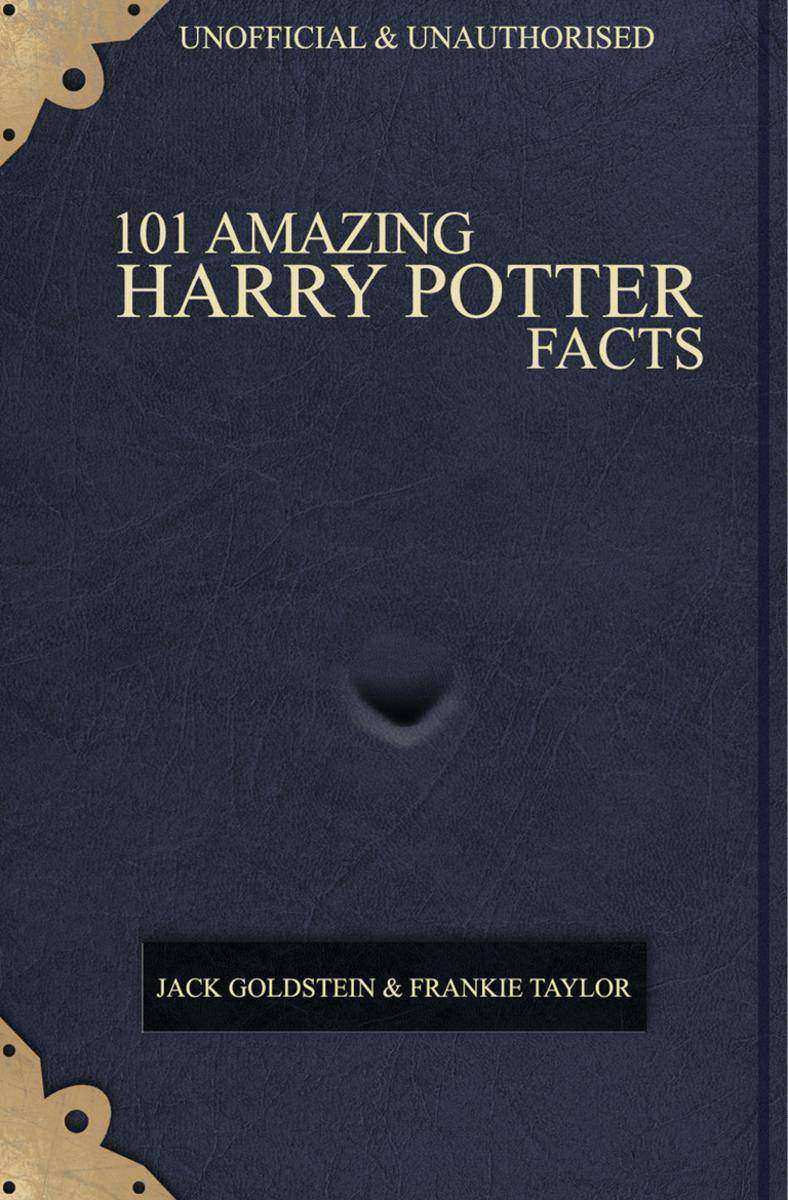
101 Amazing Harry Potter Facts
¥39.14
Runtime: 18 minutesThrough JK Rowling's series of Harry Potter books and the eight films, we have been introduced to a fantastic and magical world that many of us would like to visit. But what is the story behind what we see and read, and what are some little-known facts about the books, the films, the actors and the characters? This audiobook contains 101 amazing facts which you most likely didn't know!
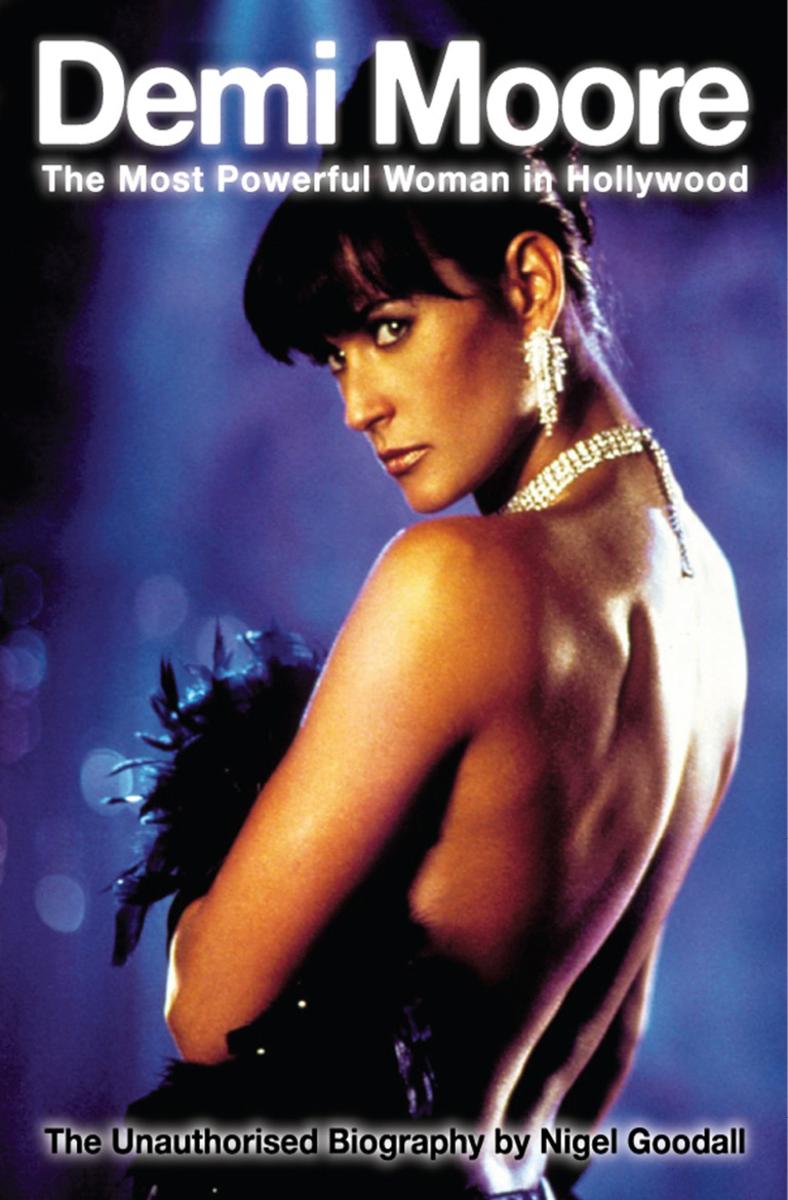
Demi Moore - The Most Powerful Woman in Hollywood
¥39.14
From her Hollywood debut at the age of 19 to her latest venture, this biography traces the events and circumstances that have shaped Demi Moore's extraordinary character and propelled her from aspiring model to movie superstar. The book describes Demi's troubled childhood and her crusade to quit high school to find a career in modelling, as well as the trauma of her stepfather's suicide two years later. It reveals the truth behind her relationship with actor Emilio Estevez and why she broke off their engagement, her up-and-down relationship with husband Bruce Willis and her alleged affair with Leornardo DiCaprio. It also: relates how Demi's drug and alcohol addiction almost led to her departure from the set of "e;St Elmo's Fire"e;; looks at the history behind her nude appearances both on and off screen; and details behind-the-scenes information from the sets of her movies past and present, including her roles in "e;Indecent Proposal"e;, "e;Striptease"e; and Woody Allen's "e;Deconstructing Harry"e;.
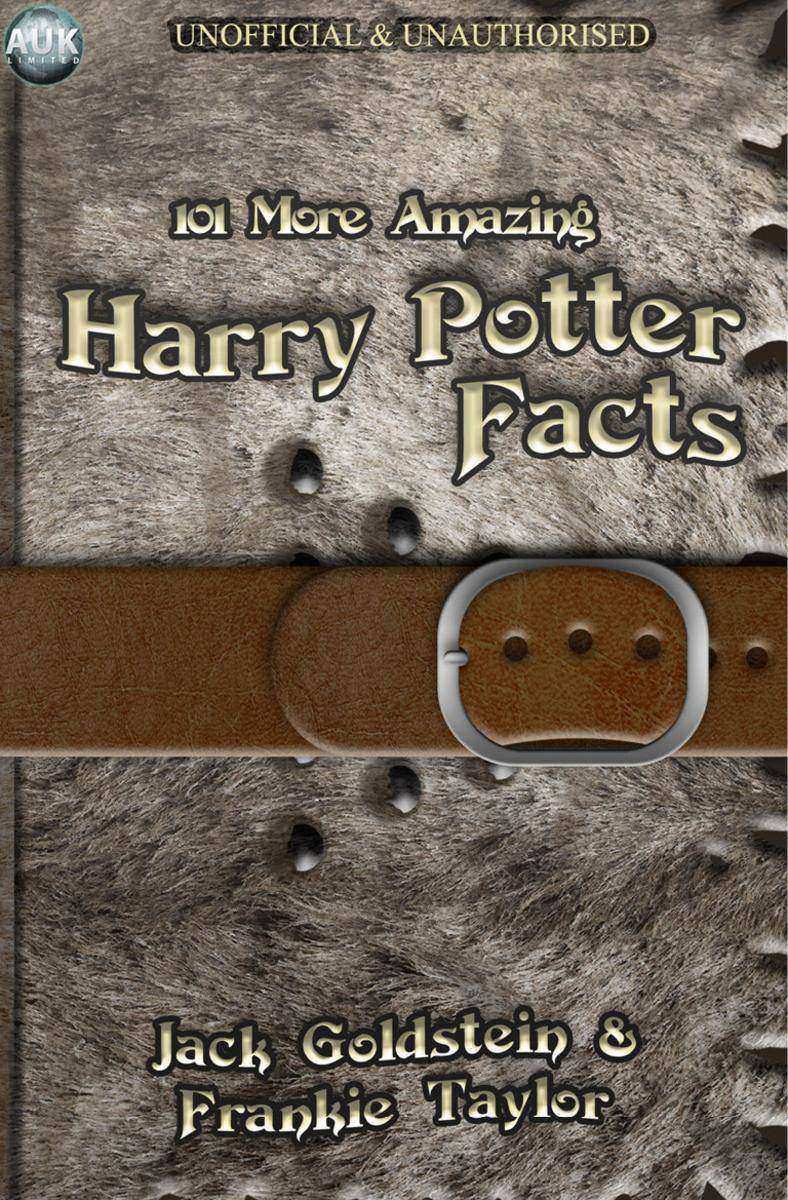
101 More Amazing Harry Potter Facts
¥39.14
Runtime: 38 minutesFollowing on from Jack Goldstein and Frankie Taylor's popular '101 Amazing Harry Potter Facts', this wonderful audiobook contains over one hundred amazing facts covering topics such as muggles in the series, the Ministry of Magic, the Weasleys, quidditch, the triwizard tournament and much more! Through JK Rowling's books and films, we have been introduced to a fantastic and magical world that many of us would like to visit, despite the chance of running into a Death Eater or even Voldemort himself. If you love the world of Harry Potter, you'll also love listening to this book!
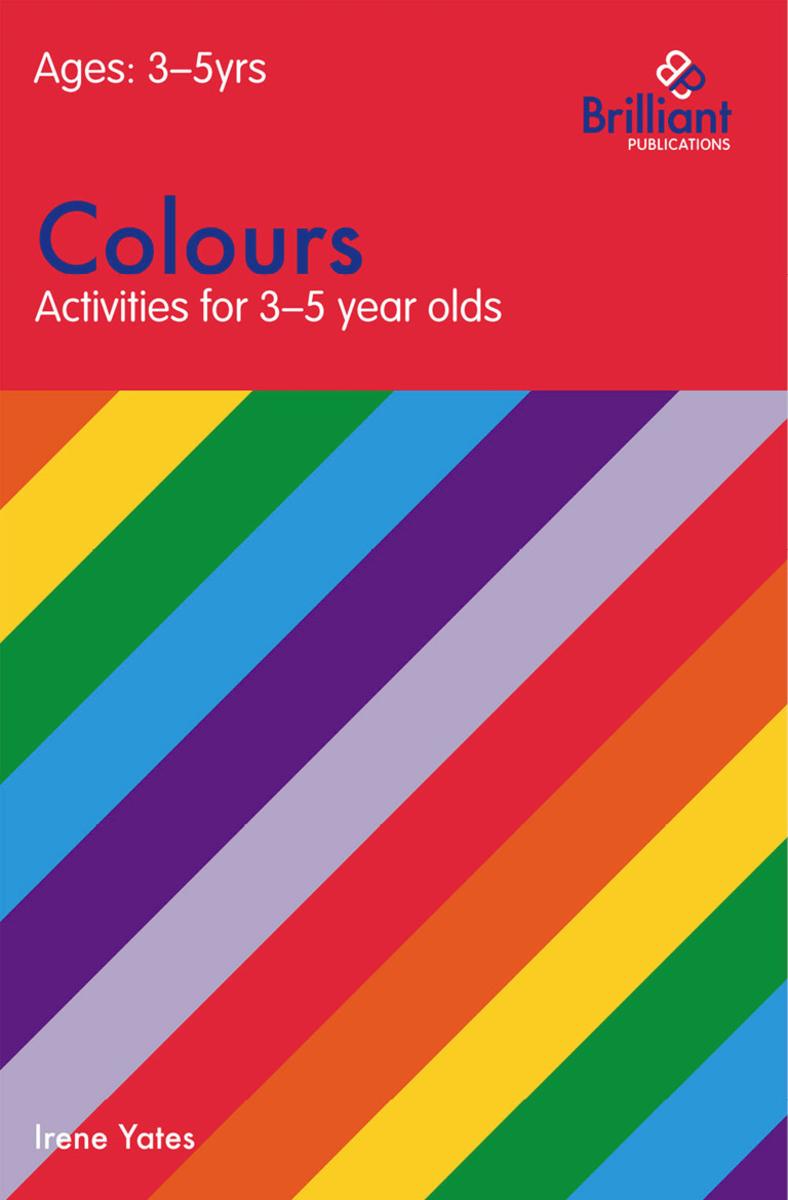
Colours (Activities for 3-5 Year Olds)
¥39.14
Colours: Activities for 3-5 Year Olds contains enjoyable activities to help develop children's essential skills. Recognizing, identifying and being able to name colours are essential steps in the early education of all children. Colour knowledge is an important means of helping children to make comparisons and observe and explore their environment. The practical activities in Colours include: Fun ways of teaching colour recognition and identification, Sorting and matching games, Unusual art and craft ideas and Suggestions for exploring colours in the environment. All the books in the Activities for 3-5 Year Olds Series contain tried-and-tested activities, linked to the six key areas of learning. They are an invaluable resource of fun, easy-to-use ideas for all early years settings, from preschools and nurseries to reception classes and day nurseries.
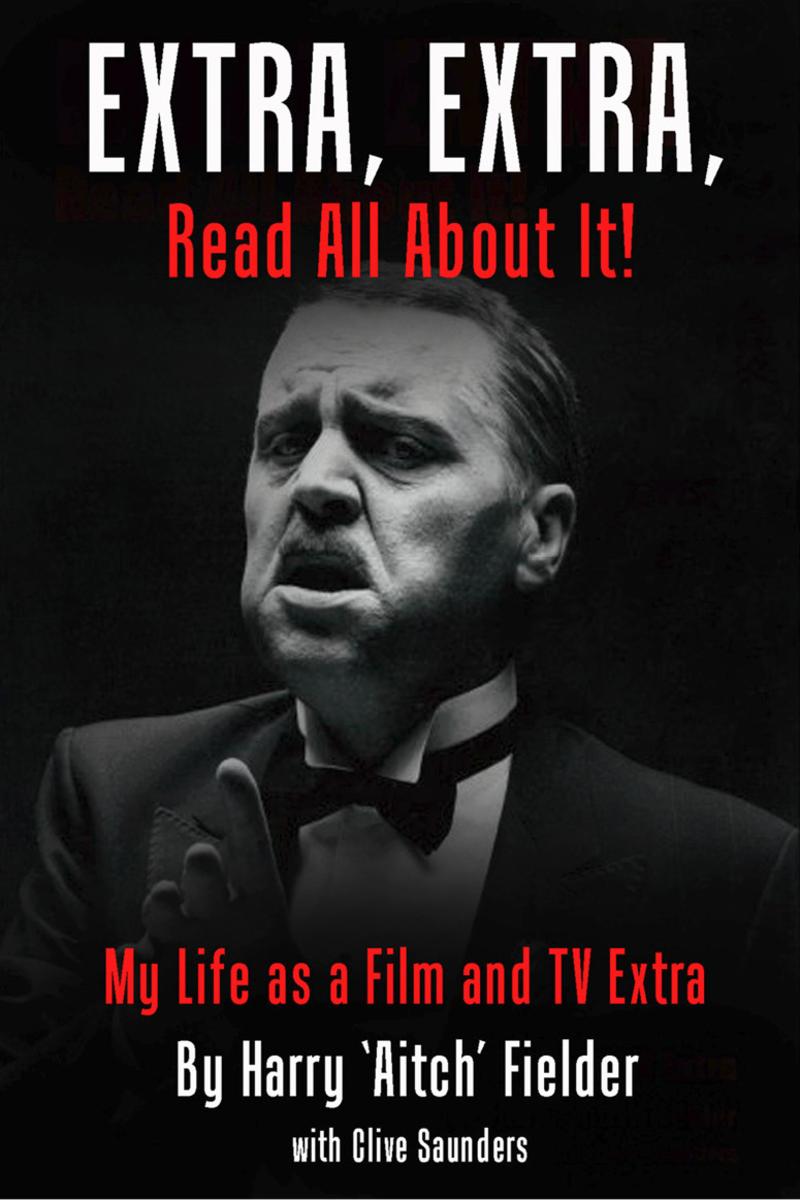
Extra, Extra, Read All About It!
¥39.14
Have you ever wondered what it is like to work on a film set? Are you curious to know what goes on behind the scenes of your favourite TV series? If so, you are certain to enjoy this 'fly-on-wall' account of life as a film and TV extra. Written by Harry 'Aitch' Fielder who spent over 30 years working in the film and TV industry, appearing in over 800 productions, this book will give you an insight to the life of an 'extra'. Over the years, the author has been involved with some of the UK's best-loved TV programmes from Z-Cars and The Saint through to Silent Witness and EastEnders as well as many blockbuster films such as Star Wars and Raiders of the Lost Ark. In this candid account Harry spills the beans about some of the well-known characters he has worked with including Alfred Hitchcock, Laurence Olivier and the great James Cagney. Extra, Extra, Read All About It is a must-have book for all film and TV fans and anyone interested in finding out what really happens on set.
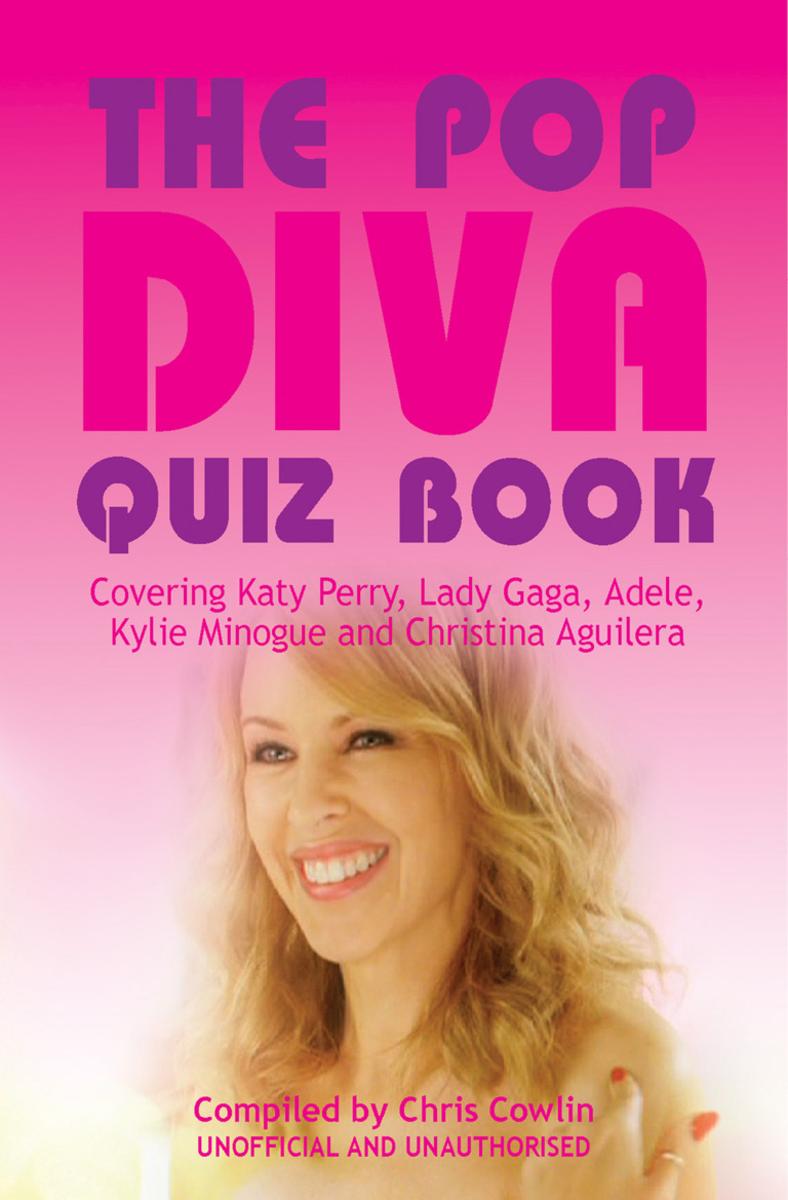
Pop Diva Quiz Book
¥39.14
The music industry has produced some iconic female artists in recent years. From princess of pop, Kylie Minogue, through to the eccentric Lady Gaga, these modern day divas belt out hit after hit for our entertainment. If you are a fan of powerful female singers, you are certain to enjoy The Pop Diva Quiz Book. Which American singer-songwriter was heavily influenced by gospel music when she was growing up? Which award-winning artist attended the BRIT school in the UK? Which singer released an album called 'Back to Basics' in 2006? The answers to these brain teasers and more can all be found inside this book. Featuring five multi-talented female artists; Katy Perry, Lady Gaga, Adele, Kylie Minogue and Christina Aguilera, you are sure to learn something new about your favourite diva. With 100 questions on the women who have helped to shape the modern music landscape, this book will appeal to pop fans of all ages. Find out how much you really know about some of the most influential women in pop.
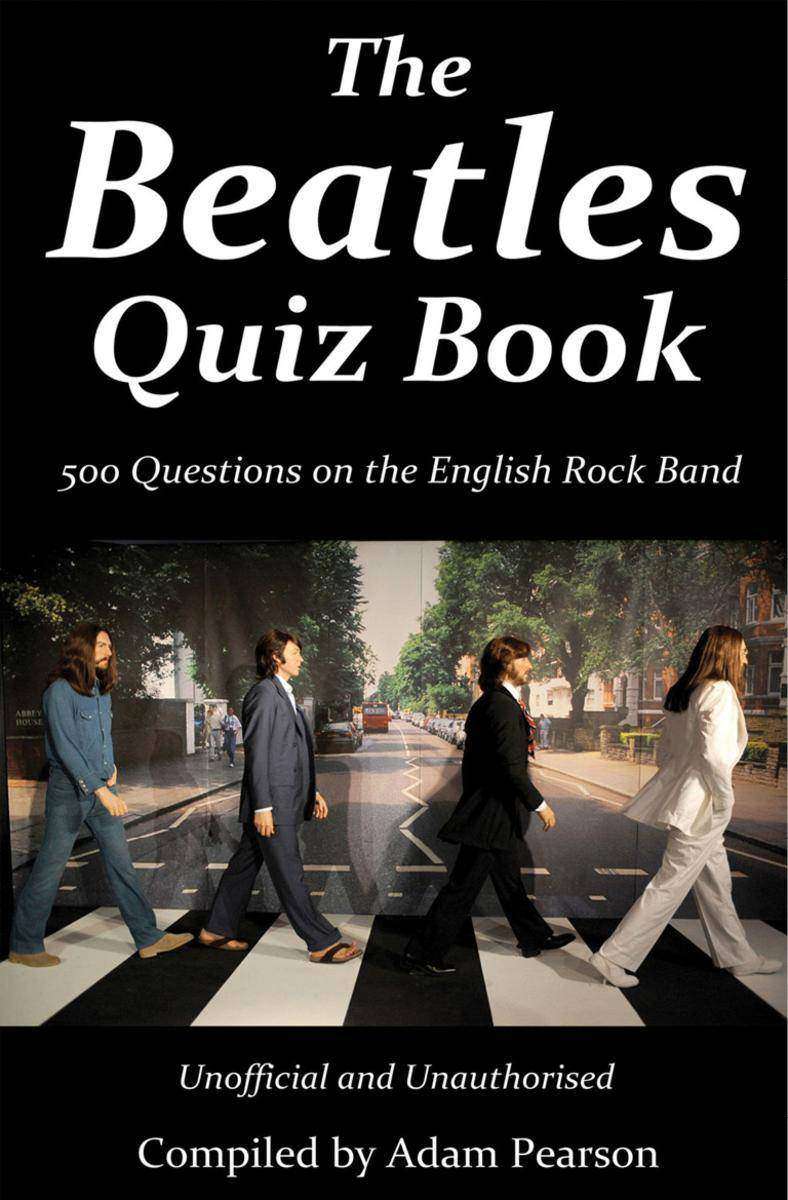
Beatles Quiz Book
¥39.14
Are you a fan of The Beatles? Have you followed the amazing Beatles story from the early days of the band through to individual chart success? Do you know all there is to know about the fab four? If so, what better way to test your knowledge than with the 500 questions in this quiz book, each one designed to find out how much you can recall about the history of The Beatles.This book covers the phenomenal success of the early years through to the band members' individual careers, relationships, families and beyond. The Beatles Quiz Book is packed with information about John, Paul, George and Ringo, including questions on many of their unforgettable hits, bestselling albums, song lyrics and much more.This quiz book is a must-have for anyone who likes the Beatles whether you are new to their music or are a lifelong fan. This tribute will appeal to fans of all ages and anyone interested in finding out about one of the most successful UK bands of all time.
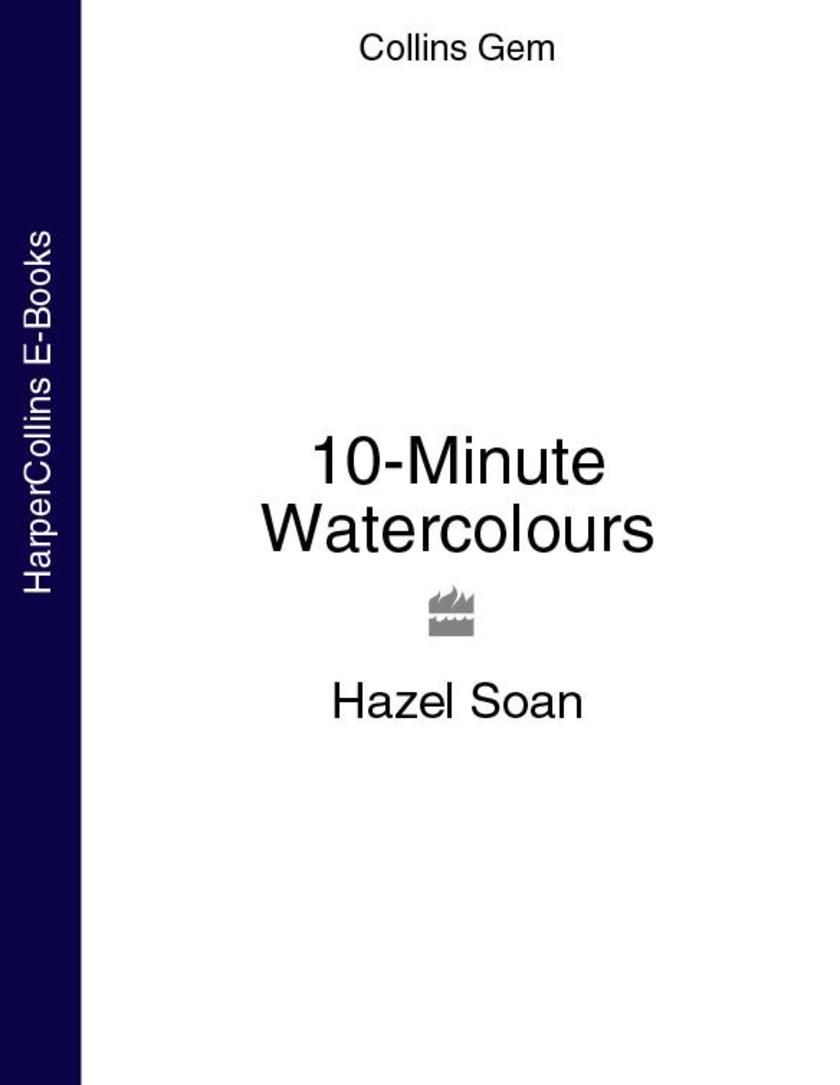
10-Minute Watercolours (Collins Gem)
¥39.14
This handy, practical and inspirational little book is perfect for the pocket or art bag. It shows watercolour painters of all levels how to loosen up their paintings and maintain spontaneity by painting simple watercolour studies in no more than 10 minutes.
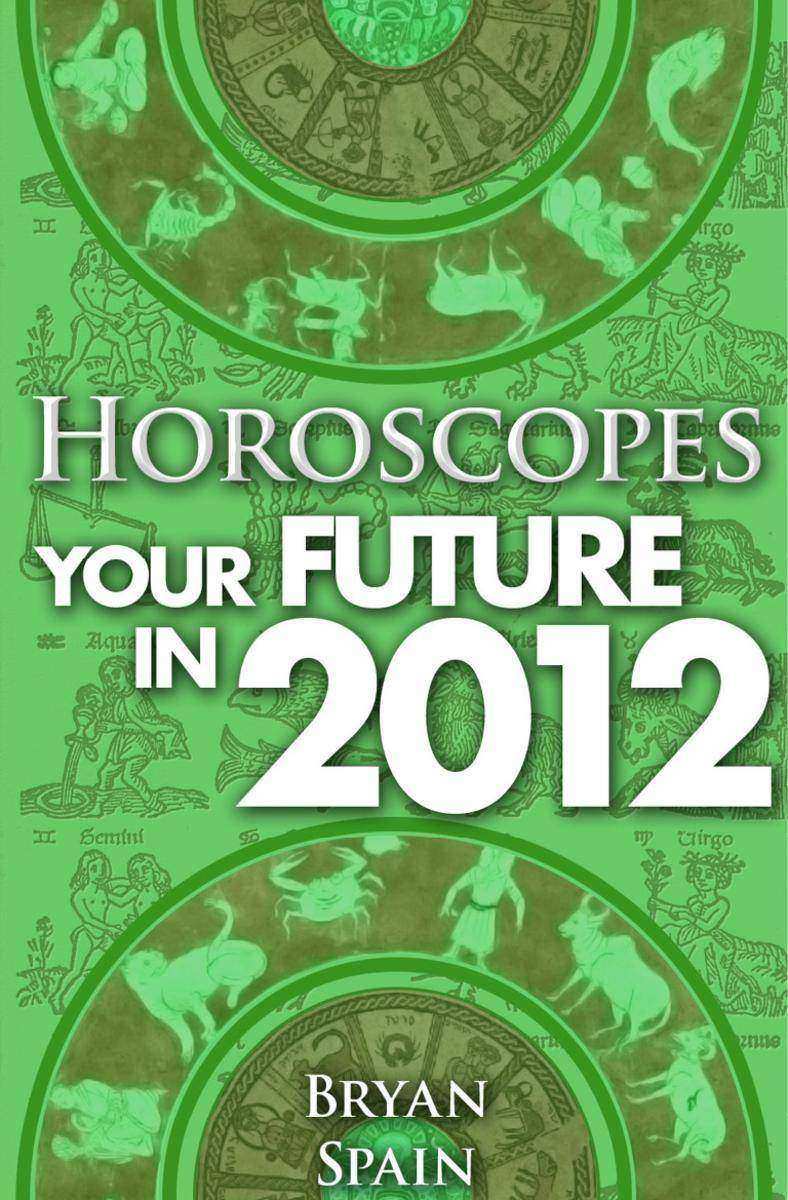
Horoscopes - Your Future in 2012
¥39.14
A Book of horoscopes for every star sign for each week in 2012: see what the future holds for you! These predictions mainly deal with the three most important areas in people's lives - work, family life and romance although another subject may appear occasionally. Advice appears in some forecasts together with a little gentle criticism of people who take themselves too seriously. It is hoped that these predictions will bring smiles, encouragement and pleasure to the readers. This book of horoscopes for the year 2012 has been specially formatted for today's e-readers.

Just Still Breathing
¥39.14
This book is a collection of jokes, wonderfully illustrated by Mike Payne, the original creator of Tatty Teddy. Mike's unique view of the world is shown in a humorous manner, with more than forty hilarious cartoons. Cheeky (but never rude), this book is sure to bring a smile to your face.

Harry Styles - The Story So Far
¥39.14
Harry Styles, a member of world-famous boyband One Direction is known as the heart-throb of a generation. This quick-read biography tells his story so far, from his days in the band White Eskimo at school to his recent involvement in 1D's world tour.In addition to the chapters on Harry's life so far, this book also includes both books from Jack Goldstein's bestselling One Direction series - 101 Amazing One Direction Facts and 101 More Amazing One Direction Facts.This excellent bundle is perfect for any Harry Styles or One Direction fan!
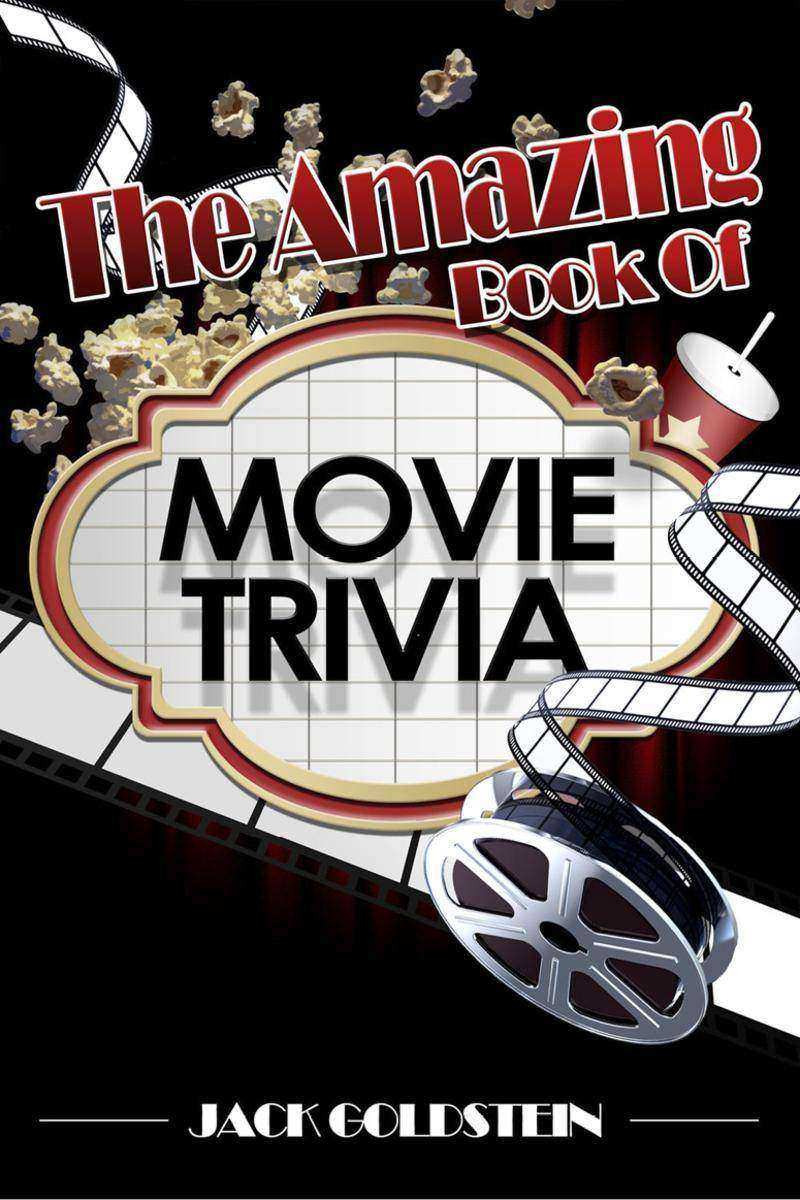
Amazing Book of Movie Trivia
¥39.14
Did you know that the dog who played Toto in The Wizard of Oz earned more money for the film than any of the munchkins did? Or that three quarters of the women James Bond has slept with have tried to kill him? Would you be surprised to find out that censors in New Zealand cut The Muppet Movie because (according to them) it featured scenes of gratuitous violence? And who would have thought that Jack Nicholson was a strong contender for the role of Hannibal Lecter in Silence of the Lambs?! If you enjoy going to the movies, then you'll love this book that contains over three hundred amazing facts about your favourite flicks. Organised into sections as diverse as cameos, props, costumes, stunts, original endings, bad decisions and many more, this is the perfect addition for any film fan's bookshelf.

10 Amazing Christmas Carols - Volume 1
¥39.14
This first volume in the Amazing Christmas Carols collection features:- In the Bleak Midwinter- The Boar's Head Carol- Jingle Bells- God Rest Ye Merry, Gentlemen- The Holly and the Ivy- O Little Town of Bethlehem- O Come, O Come Emmanuel- While Shepherds Watched their Flocks by Night- Silent Night- Good King WenceslasEach carol is presented with an introduction featuring information about its origins, the full music score (all choral parts plus accompaniment), a separate piano score, individual parts for Soprano, Alto, Tenor and Bass and a separate page of just the words. This eBook is specifically formatted for high quality display on a range of devices, tablets and eBook readers and is perfect for individuals, choirs, schools, churches or any other singing group.
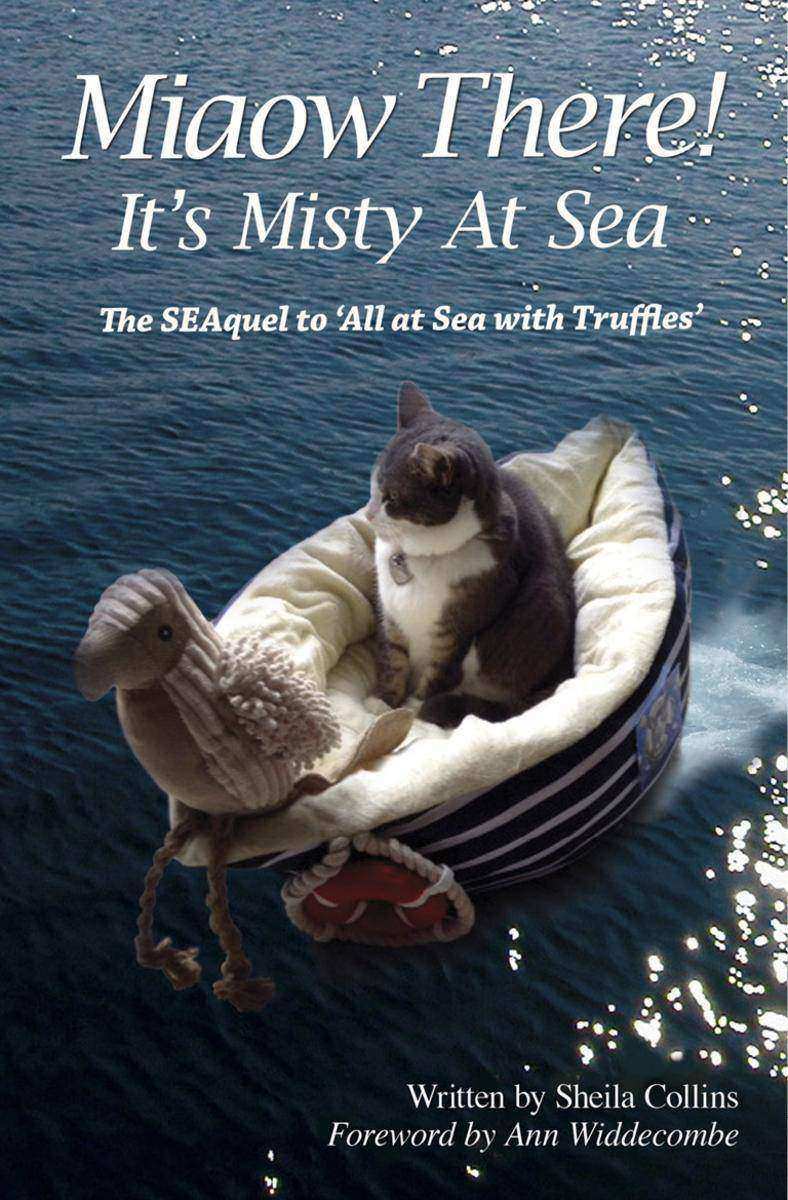
Miaow There!
¥39.14
Following on from the success of her previous book, All at Sea with Truffles, Sheila Collins continues on the theme of cruising, with the story being picked up by her mischievous grey and white cat, Misty. In this fictional account, Misty takes us on a journey on board ship, as we experience life at sea through the eyes of a cat. Being an independent kind of animal, Misty naturally seeks out different adventures to her predecessor, Truffles, with hilarious consequences. With a foreword by former MP and cat lover Ann Widdecombe, Miaow There! It's Misty at Sea provides the reader with a humorous insight into the mind of a cat. From the many different sights, sounds and smells to the strange and wonderful people she encounters, Misty will give you a tantalising taste of life on board a cruise ship as she travels with her best friend and owner, Sheila. This charming tale will appeal to anyone who has ever been on a cruise, or has thought about going on one, and to all cat lovers everywhere.
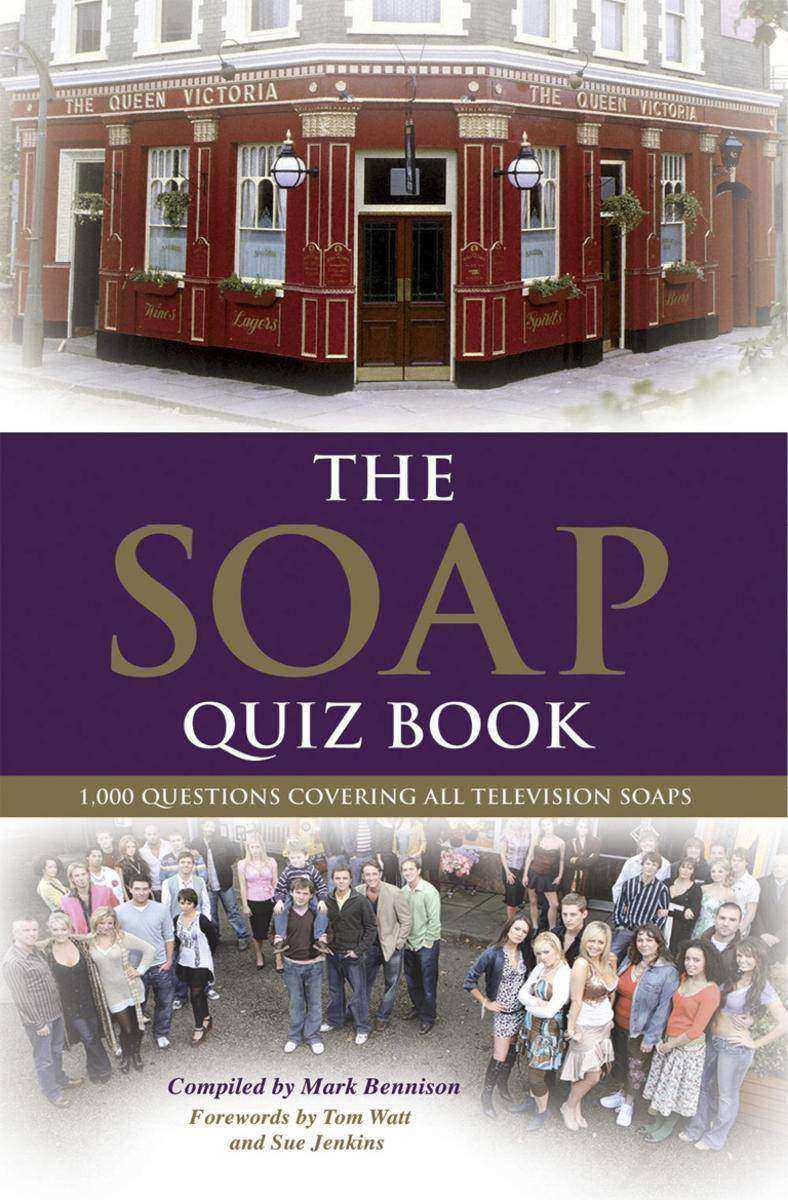
Soap Quiz Book
¥39.14
Can you remember Hilda Ogden, Annie Sugden and Dirty Den or are you more familiar with the current soap stars who keep us hooked with the ever changing dramatic events that shape their onscreen lives? All your favourite characters from yesteryear can be found in this quiz book alongside those more contemporary villains television audiences just love to hate. The 1,000 testing questions in this book will have you arguing with family and friends about the many memorable moments that have defined the history of soap. Gripping plots, bad guys and girls, heroes, happy events and dark moments, loves and losses are all covered in The Soap Quiz Book and will refresh your memory of all the essential viewing moments from the soaps down the years. Packed with fascinating facts this book is guaranteed to provide hours of entertainment for soap fans of all ages. So whether you are a dedicated follower of Coronation Street, have never missed an episode of Neighbours or have just discovered Hollyoaks this quiz book is sure to prove a fun read.




 购物车
购物车 个人中心
个人中心



